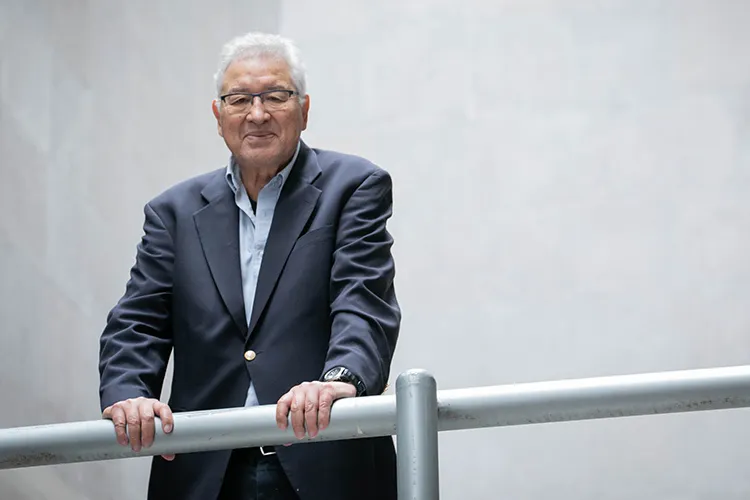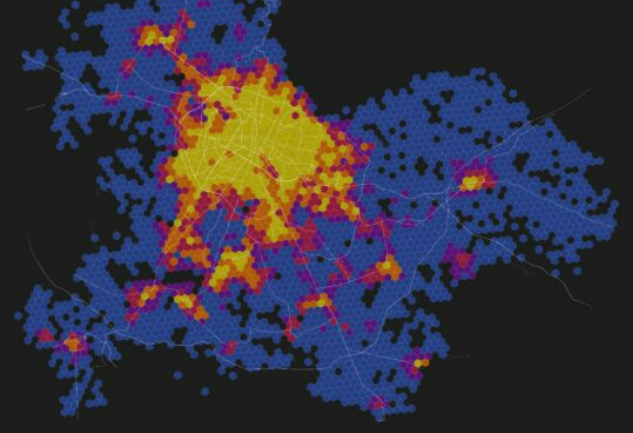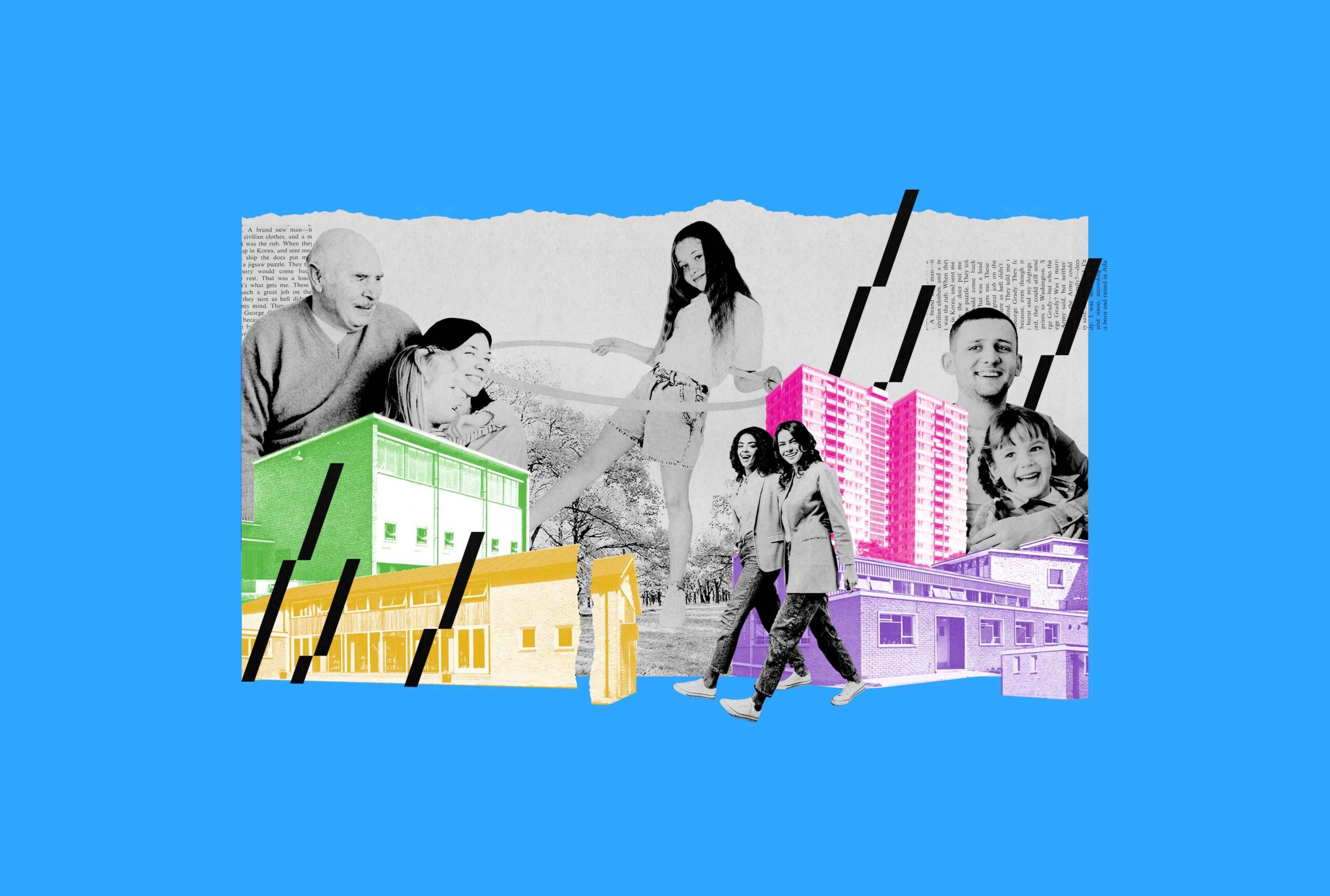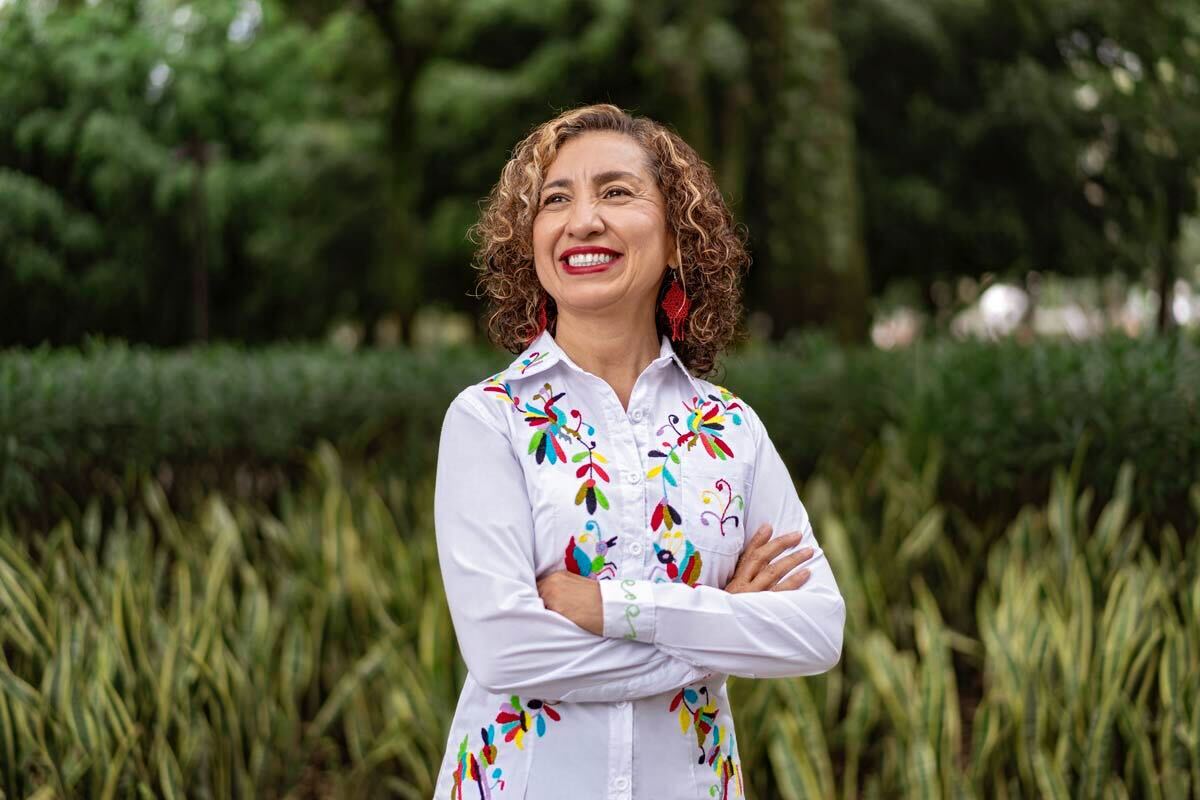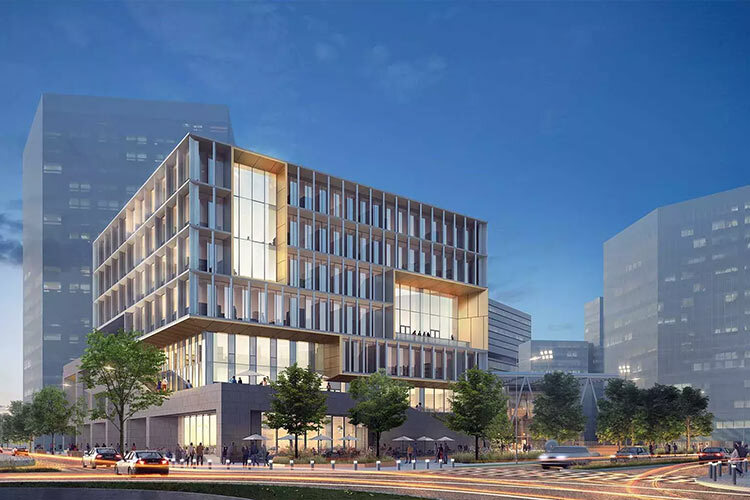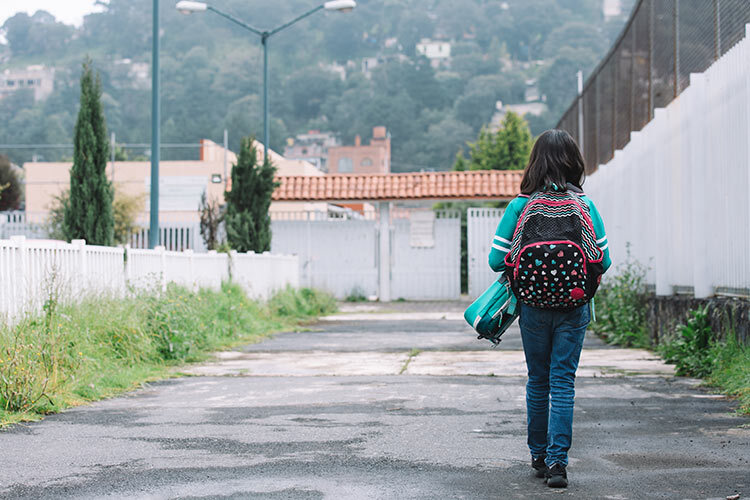While current systems have made tremendous contributions to advances in science, technology, and people’s quality of life, they cannot ensure a sustainable future. As a result, these systems urgently require conscious design and transformation.
Manuel Manga, a renowned organizational consultant and specialist in the sector, emphasizes the need to raise awareness and actively build tools and strategies at the local level in each community to address current and future challenges.
Manga shared critical insights related to the conscious design of these systems during his talk, The Conscious Design of Systems by Evolutionary Leaders Toward a Sustainable and Flourishing Monterrey and Mexico, at the 2023 Annual Systemic Design Symposium, held at various global locations including Tec de Monterrey.
RSD12-Hub Monterrey was organized by the Advanced Design Processes for Sustainable Transformation Research Group at the School of Architecture, Art, and Design.
As he explains in his talk, conscious design may be defined as a comprehensive approach to tackling difficulties in urban planning and architecture, including carefully considering activities in areas such as the economy, society, and the environment.
He also highlights the significance of evolutionary leadership in guaranteeing a sustainable future on both the local and global levels.
The Anthropocene Era
According to Manga, Earth is now in the Anthropocene era, a period in which human actions have a considerable influence on the planet.
At this stage, it is critical to transition away from traditional development tactics and toward activities that ensure the systems we inhabit are more sustainable.
This transition is required due to the progressive breakdown of many systems due to global warming and growing issues in society such as inequality.
“In this day and age, we must make a critical decision. We have the option of becoming excellent stewards of Earth and its systems, or we may throw it away. Making the right choice will result in a thriving Earth and civilization,” Manga explains.
The expert emphasizes that a part of the problem originates from a vicious circle induced by existing systems that seemed logical when they were first created.
For example, the Industrial Revolution resulted in enormous progress but also in destruction and major new challenges.
Manga notes that one advantage is that these systems, like the organizations that keep them working, were developed by people. As a result, they may be flexible and adaptive, and eventually replaced by more effective systems.
Key Points for a Better Monterrey and a Better Mexico
Manuel Manga addressed basic concepts that can help with the transition to systems that enable a more sustainable future.
These principles have to be specific to each city to solve the particular problems and difficulties of each community and location.
Manga describes the first of these themes in the context of Monterrey as encouraging sustainable education and awareness, which includes the deployment of educational programs and campaigns to enlighten the community about the importance of sustainability and sustainable activities.
Another of these actions is expanding the use of renewable energy sources, such as wind and solar power, while decreasing fossil fuel consumption and emissions.
To improve individuals’ mobility options, city planning must additionally involve the development of efficient public transit.
Furthermore, public engagement in decision-making is critical, as is the implementation of sustainable policies based on surveys and campaigns that request people’s feedback.
Another crucial problem is effective waste management, which includes adopting recycling legislation and the development of a circular economy. Additionally, it is fundamental to adopt sustainable agricultural techniques to maintain food security and decrease the environmental impact of agriculture.
Finally, Manga emphasizes the need to create and preserve green spaces to improve citizens’ quality of life and protect biodiversity, as well as to better adapt to climate issues like managing water supplies in increasingly drier regions.
As he explained during his talk, these actions are based on applied research that has yielded positive results in cities such as Brasilia in Brazil and Cali in Colombia, which have implemented sustainability-focused approaches, efficient public transportation, green buildings, and active community participation. Manga has worked alongside other urban planners and city officials in these places.
“Conscious Design is a method for creating new values and narratives, as well as new institutions and cities. I’m encouraged to see cities like Monterrey exploring the paradigm of conscious capitalism and seeking new options,” he says.
